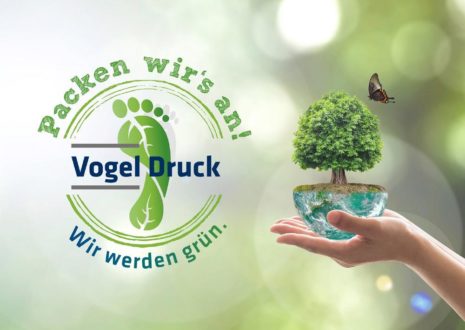
Biochar, Jeevamrit and Bokashi
Soil health – an essential topic for the industry
In cotton cultivation, soil quality and the associated fertility and health of the soil play a key role. For this reason, the International Cotton Advisory Committee (ICAC) in Washington has carried out an ambitious research project on this topic in collaboration with various international partner organisations – with promising results.
New and old methods
Soil health has long been the focus of agriculture and therefore also of cotton cultivation. The International Cotton Advisory Committee has repeatedly emphasised the importance of soil health for cotton farming in the past. The focus was particularly on the situation in developing countries, where yields are still low compared to those in developed countries. An ICAC team has now developed a special programme to improve soil health, based on studies by international research teams and practical experience. The aim is to help cotton producers to achieve better, higher quality crop yields in healthy soil and, at the same time, contribute to climate protection with traditional, sustainable agricultural methods for soil cultivation that have been used for years. Valuable biomaterials are produced using various composting and fermentation methods.
The building blocks of soil improvement
Biochar, bokashi and jeevamrit are important components of proven methods for soil improvement. All three are seen as beneficial products for promoting sustainable agricultural practices. They are inexpensive to produce and, when combined and mixed, they offer effective solutions for restoring degraded, i.e. quality-reduced soils of varying consistency. This is a constant challenge, especially in African regions.
What is biochar? What does it do?
Following the recommendations of the ICAC, biochar is produced using the ‘Cone Pit Open-Earth Kiln’ technique. This involves burning the cotton stalks left over from the harvest.
The production of biochar is rooted in history: evidence shows that indigenous peoples in the Amazon used a form called ‘terra preta’ to enrich the soil over 1,000 years ago. In modern-day agriculture, the use of biochar has been rapidly gaining momentum over the last ten years. Africa in particular has seen a significant increase. The ICAC team discovered that biochar is particularly useful for improving acidic soils due to its high pH value (8.0 to 11.0). However, in neutral and alkaline soils, biochar can increase the pH of the soil, potentially leading to lower yields. To counteract this, the ICAC team recommends mixing biochar with bokashi compost.
What are the benefits of bokashi?
Bokashi is a type of compost originating from Japan that is traditionally produced through a fermentation process using kitchen waste, agricultural residues and effective microorganisms. Bokashi has a highly acidic pH value of 3.5, which makes it an ideal material for balancing the alkalinity of biochar. According to the ICAC, combining biochar with bokashi compost in the right ratios can result in a balanced soil pH of around 6.5, which is ideal for most plants. This method not only neutralises the pH value of the biochar, but also provides essential nutrients for soil organisms and plants.
What is jeevamrit used for?
To further improve soil quality where necessary, the ICAC team introduced jeevamrit. Jeevamrit is a traditional Indian method that provides soils with a variety of microorganisms. The production of jeevamrit, which involves processing cow dung and sugarcane molasses, provides a rich source of beneficial microbes that improve nutrient availability and promote soil regeneration.
When biochar, bokashi and jeevamrit are combined, they form the basis for regenerative agriculture. Studies show that biochar improves soil structure, bokashi provides nutrients and jeevamrit promotes microbial diversity, leading to healthier soils, increased productivity and sustainability in agriculture.
Healthy soil – healthy yields
By improving soil fertility and nutrient availability, biochar technology can lead to higher crop yields. Higher yields mean that farmers can harvest more cotton, leading to higher revenues and better income levels. By integrating these practices, farmers not only improve soil structure and fertility, but also contribute to carbon sequestration in the soil – an essential step towards mitigating the dangers of climate change. It is clear that this form of regenerative agriculture has transformative potential in terms of food security and environmental resilience and can therefore be considered particularly sustainable.
Training initiatives promote knowledge
Over the past three years, training courses on regenerative agriculture have been held in Africa, India and Bangladesh. A total of 16 organisations were involved. The training focused on three main technologies: bokashi composting, the ICAC practices for biochar production and jeevamrit for inoculating soils with a variety of soil microbes. The programmes have made the production techniques accessible to smallholder farmers in particular, leading to widespread adoption and improved soil quality.
Bremer Baumwollbörse
Wachtstraße 17-24
28195 Bremen
Telefon: +49 (421) 339-700
Telefax: +49 (421) 339-7033
https://baumwollboerse.de/
Kommunikation und internationale Beziehungen
Telefon: +49 (421) 3397016
E-Mail: hortmeyer@baumwollboerse.de
![]()




